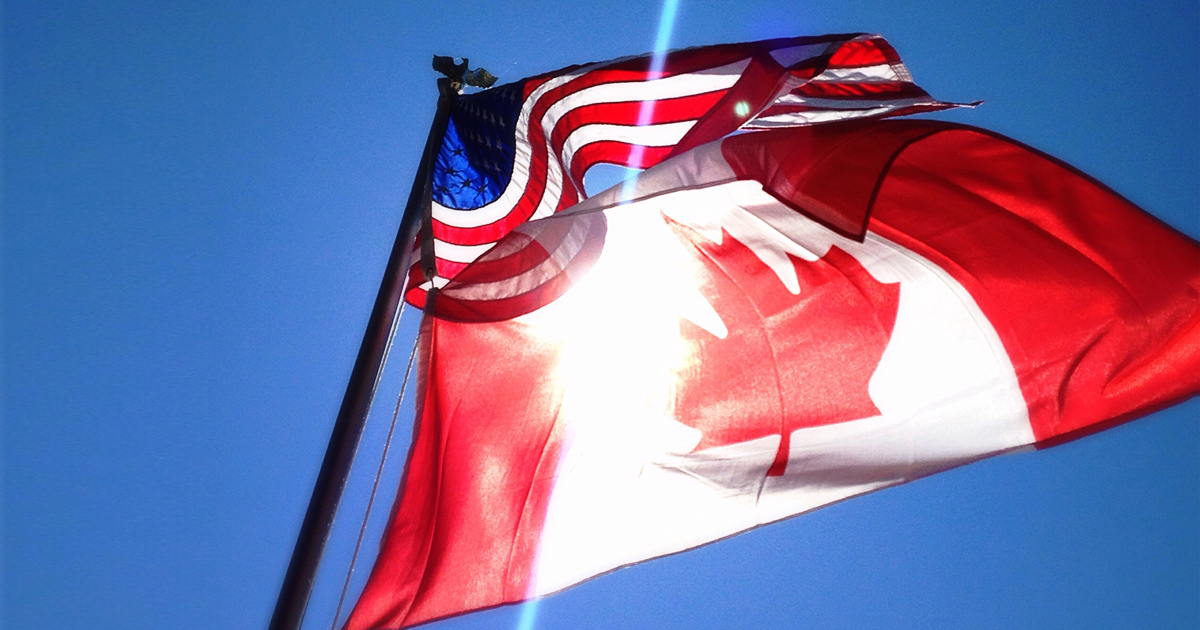U.S. Election Fever And The Impacts On World Trade

November 3 is election day in the world’s biggest economy, a vote that’s particularly fraught due to the COVID-19 pandemic, the presidential candidates’ differing policy platforms and the potential for a delayed or contested outcome – no wonder volatility gauges are up
Reuters
President Donald Trump lags Democrat challenger Joe Biden in opinion polls, though neither is really feared by markets — the former spells status quo, and the latter is expected to spend big to lift the U.S. economy.
The VIX “fear gauge” is near its highest since June, however, fuelled by coronavirus worries and a focus on the immediate election aftermath – more specifically, Trump’s claims that mail-in ballots will cause fraud. Yet VIX futures imply market swings will ease in the post-election months.
What markets want is a clear result. Then focus can shift to the winner’s strategy on the pandemic, stimulus and trade.
-After America First, some investors bet on a Biden boost abroad
Graphic: Looking beyond the U.S. election Looking beyond the U.S. election
“The thinking is Biden’s freer approach to world trade will sink the dollar, while Trump would lift it by maintaining pressure on China”
The yuan has become Asia’s favourite vehicle for playing the Trump-Biden contest, so much so that authorities have quietly intervened to stop it becoming a one-way bet on a Democrat win.
The yuan is up 7% since May and remains firm despite central bank efforts to make long positions expensive. A clear Biden win may well provide legs to the rally.
The thinking is Biden’s freer approach to world trade will sink the dollar, while Trump would lift it by maintaining pressure on China. But Biden’s lead is only one reason the yuan is on a tear – it’s also to do with China’s handling of the pandemic and its return to growth in a year when just about every other major economy will shrink.
-Chinese banks seen swapping dollars for yuan in forwards to curb gains-traders
-China phases out use of ‘X-factor’ in managing yuan value
Some worry about a slowdown in central bank stimulus just as lockdowns again curb activity. European, Japanese and Canadian policymakers all opted recently to keep their powder dry, the U.S. Federal Reserve’s Nov. 4 meeting is expected to be uneventful too.
But others may step up. The Reserve Bank of Australia is expected to expand bond-buying on Tuesday to target longer-maturity debt, lower the cap on short-dated yields and trim cash rates.
On Thursday, the Bank of England may expand QE by 100 billion pounds to support an economy ravaged by coronavirus and Brexit. It may also signal whether interest rates could fall below zero and if so, when:
Money-printing slowdown leaves governments to take up stimulus slack Bank of England set to return to the stimulus pump Australian banks complain they have too much money, more may be on the way Turkey’s lira has sunk nearly 30% in October – its worst month since August 2018, hit by the usual toxic cocktail of geopolitics and unorthodox policy. Now it also looks vulnerable to U.S. sanctions over the purchase of Russian missiles, should Biden enter the White House.
Its economic data also offers little respite, with a huge trade deficit, a COVID-hit tourism sector, double-digit inflation and looming debt repayments.
After the central bank failed to raise interest rates in October, markets are wondering how low the lira needs to fall before policymakers are forced into a big emergency rate hike.
After dire figures from British Airways-owner IAG, Q3 earnings from Wizz Air, duty-free retailer Dufry and airport handler Fraport are unlikely to contain much good news.
Ryanair was first out of the starting blocks, posting a loss for its key summer period for the first time in decades, and warning that the COVID-19 crisis could force further cuts and leave capacity next summer as little as half normal levels.
Consumer discretionaries have fared better; an MSCI gauge has lost 10% this year, versus 57% for airlines. And after a strong beat for luxury giant LVMH, investors will hope for upbeat earnings from Hugo Boss, Luxottica and Richemont.
Focus is on how airlines are coping with cash-burn and to what extent consumers are cutting non-essential spending. But new lockdowns mean recovery is more elusive than ever. Citi for instance expects Dufry’s sales to recover to pre-pandemic levels only in 2023.
Europe’s earnings optimism dwindles with resurgent virus Ryanair posts first summer loss in decades, flags more capacity cuts











